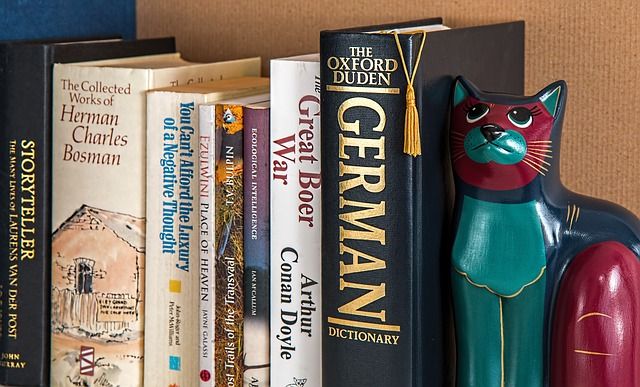The Art of picking a Translation
I read War and Peace for the first time back in 2022 when I was eighteen and not as engrossed in the wonders of Book Twitter as my current self (once you’re in, you’re in for good). As I feel most would, I picked up my 2007 Penguin Classics edition, translated (wonderfully, may I add) by Anthony Briggs, from my not-so-local Waterstones in Birmingham. I didn’t doubt my edition choice for a second – for me, it was completely a matter of aesthetics, how the spine would look on my shelf, how it would complement my other books, making my extensive collection of classics seem all the more impressive by having this one in the mix.
Nearly two years later, I can confidently say it did the job. Briggs’ translation was pleasantly easy to read (as opposed to what I expected from such a book), with humorous wording and speech which, despite its age, seemed modern and natural.
“It wasn’t until I decided to reread the book last year that various online sources stated my opinion was wrong”
It wasn’t until I decided to reread the book last year that various online sources stated my opinion was wrong. I was being accused of reading an unfaithful rendition of Tolstoy’s masterpiece which simplified and anglicised the text, a distinctive characteristic of which being its position as a piece of Russian artistry, philosophy, and culture. The generally accepted ‘correct’ and most faithful edition, was the Oxford Classics edition, translated by Louise and Aylmer Maude, and approved by Tolstoy himself. So I bought that one, and haven’t gone back to my Penguin Classics copy since, for fear of being shamed, I guess.
Clearly there seems to be a lot of very influential discourse online surrounding the translation of important literary texts, with the general opinion being the more faithful it is to the original and its style, the better the translation.
“Translation, then, is merely a competition of who is more true to the author’s words”
Translation, then, is merely a competition of who is more true to the author’s words. But if the Maude translation is so perfect that it was approved by Tolstoy himself, why have we bothered to continue producing more editions?
Having read different editions of War and Peace, I would explain it as a matter of allowing the texts to evolve and mature alongside a modern readership. After all, it would make sense that a twenty-first century translator is going to translate a text differently to a nineteenth-century one; we have different language, different ways of telling stories. If a more modern rendition of a classic text is going to get more people reading it, especially one as intimidating as War and Peace, then surely there is no issue. Sure, I was a little taken aback when the nineteenth-century Russians started using modern swears, but overall, that just added to the humour and character of it.
“So, which edition should you choose? It’s all very well looking into why there are so many editions, but choosing one is a whole different matter, and varies from person to person”
So, which edition should you choose? It’s all very well looking into why there are so many editions, but choosing one is a whole different matter, and varies from person to person. I hold the opinion that, to continue my example, there is no singular edition of War and Peace that is both the ‘best translation’ and one which will work for everyone. Your choice of edition should reflect what your purpose of reading the book is. Are you reading it for pleasure, for work, is it a reread? Pleasure reading should, of course, be fun, so picking a more modern translation, like Briggs’, to aid you would likely be the easiest way to decide. Picking an edition for work may require you to get a translation widely recognised as reliable in scholarly fields, but you should also consider extra contexts within the physical book. The Oxford War and Peace, for example, includes a bibliography of scholarly works which are a great starting point for research and understanding debates surrounding the novel, something you might miss out on with older editions.
The art of picking a translation is a tricky one. The main takeaway from this, I hope, is understanding that there is no definite ‘perfect’ translation; it comes down to what you aim to take from the book, what writing style would work best for your own enjoyment. Because reading is meant to be fun, right?

Comments